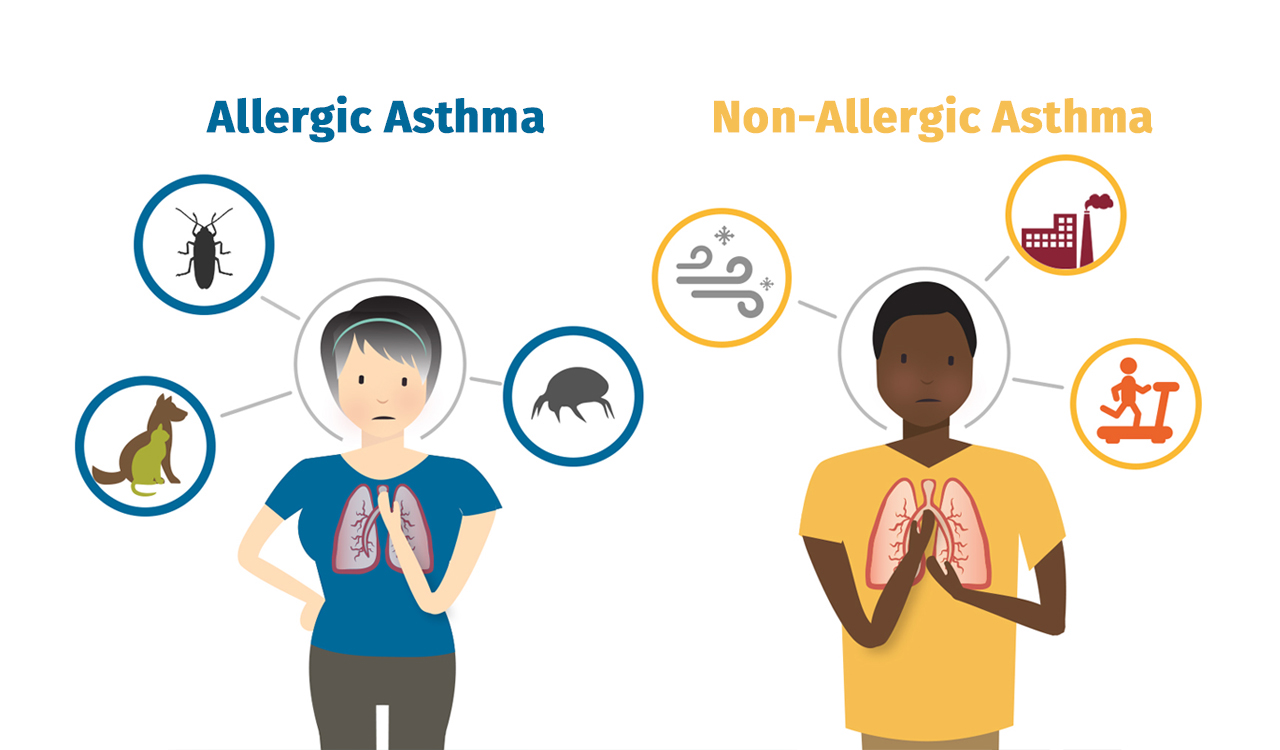For centuries, people have used hibiscus seeds, flowers, leaves and stems in food and traditional medicine. Today, you can find hibiscus-flavored jams, jellies, sauces, syrups and teas throughout the world. Hibiscus is high in antioxidants and offers many potential benefits. In particular, it may help promote weight loss, reduce the growth of bacteria and cancer cells, and support the health of the heart and liver.
Benefits Of Hibiscus
- May help lower blood pressure
- May help improve blood fat levels
- May boost liver health
- Could promote weight loss
- Contains compounds that may help prevent cancer
- Could help decrease the growth of bacteria
- Fights inflammation
- Lowers cholesterol
- Fights bacteria
Nutritional Facts Of Hibiscus
In general, fresh hibiscus calyces have good amounts of these nutrients:
- Calcium
- Phosphorous
- Iron
- Niacin
- Riboflavin
- Vitamin C
Risks Of Hibiscus
Hibiscus may cause blood pressure to drop. It has also been linked to dermatitis, headache, nausea, and ringing in the ear.
Avoid hibiscus if you are allergic or sensitive to it or members of the Malvaceae plant family. Use with caution if you have low or high blood pressure.
Hibiscus tea may interfere with the effectiveness of some anti-malaria drugs. It can also interact with many other drugs including some for diabetes and high blood pressure.




